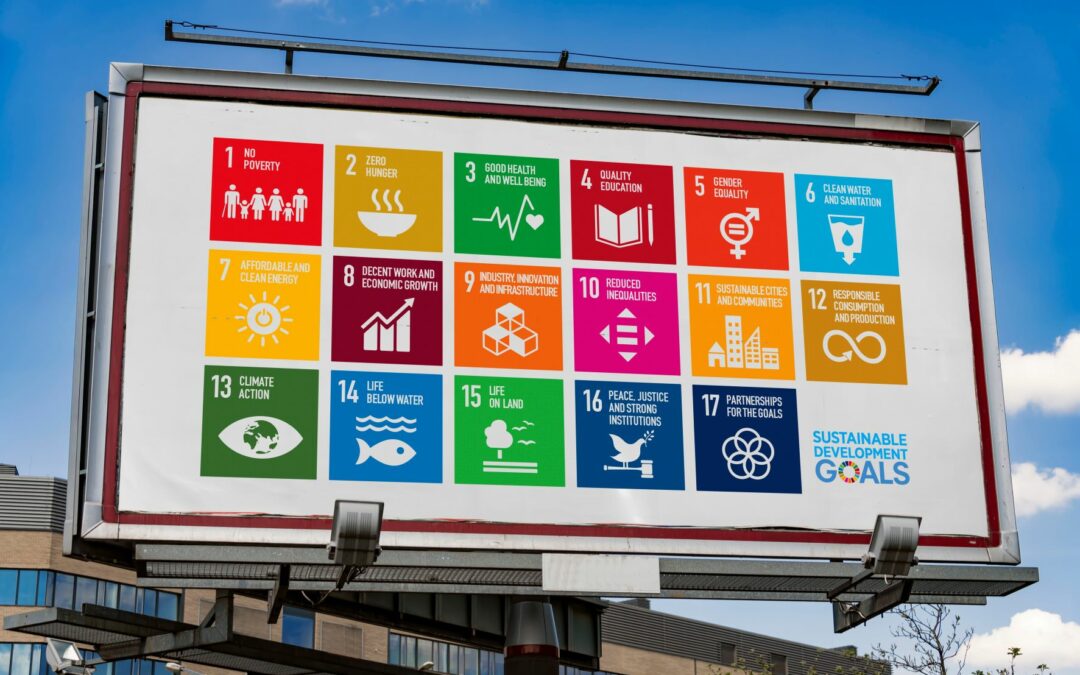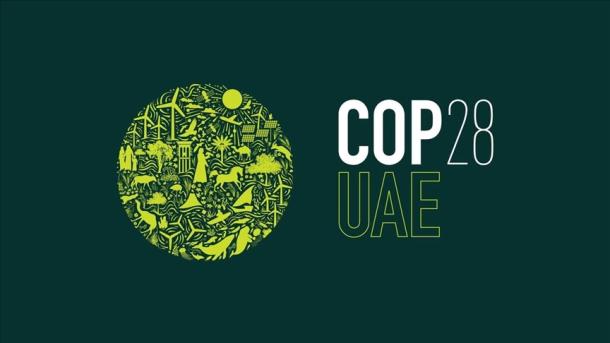Note: This is a preliminary version that will be updated soon.
In 2015 The United Nations launched the Sustainable Development Goals as the “2030 Agenda.” It marked the moment when climate change and sustainability action finally rose to the top of the UN priorities. Furthermore, in 2019, two summits were held (2019 Sustainable Development Summit and 2019 Climate Action Summit) to coordinate political action and reassure the parties’ commitment towards the 2030 Agenda.
From 1987 to date, the United Nations has been a pivotal agent to strive for a different paradigm to strike sustainability and climate change challenges. For this reason, the support for decisive climate action and sustainable development to guarantee humanity’s future makes the work of the programs here far more progressive than the vast majority of member states that comprise the UN. Below we reference the most important UN bodies and initiatives influencing decision making.
Intergovernmental Panel on Climate Change (IPCC;1988; Geneva)
Established by the United Nations Environment Programme (UNEP) and the World Meteorological Organization as an international body for scientific assessment to provide governments at all levels with information to develop climate policies.
Worthy of mentioning is that its reports are a vital input into international climate change debate and negotiations. For example, its most famous “IPCC Assessment Reports” covering the state of knowledge on climate change, one for each of the three Working Groups of the IPCC, together with Summaries for Policymakers, plus a Synthesis Report. [Staff: ~ 377]
UN Environment Programme (UNEP; 1972; Nairobi)
The UNEP is the “leading global environmental authority that sets the global environmental agenda, promotes the coherent implementation of the environmental dimension of sustainable development within the United Nations system and serves as an authoritative advocate for the global environment.” Some examples: it sponsors the Green Economy Initiative, the Climate and Clean Air Coalition, World Environment Day, and the UN Environment Assembly. [Staff: ~2380]
Publishes the bi-annual The United Nations Environment Programme’s sixth Global Environment Outlook (Mar 2019, 745p) which “provides a clear assessment of the current state of the environment, the challenges that we face and how well we have dealt with them, with due consideration given to gender, indigenous knowledge and cultural dimensions.”
Intergovernmental Science-Policy Platform on Biodiversity and Ecosystem Services (IPBES; 2012; Bonn)
An independent intergovernmental body that aims to strengthen the science-policy interface for biodiversity and ecosystem services. The Sub-Global Assessment Network has developed a series of training modules explaining and supporting the conceptual framework. In fact, gathers a community of 500+ ecosystem assessment practitioners in regional, sub-regional, national, and sub-national levels.
Notably, in 2019, it published the IPBES Global Assessment Report on Biodiversity and Ecosystem Services, with >1,500 pages compiled by >450 authors from 50 countries, warning that the health of ecosystems “is deteriorating more rapidly than ever, eroding the very foundations of our economies, livelihoods, food security, health, and quality of life worldwide.” It also published Biodiversity and Climate Change (June 2021, 28p), a report of an IPBES-IPCC workshop, stating that climate change and biodiversity are intertwined through links and feedbacks, each exacerbating the other. [Staff: ~73]
Sustainable Development Solutions Network (2012; New York)
Seeks to mobilize scientific and technical expertise from academia, civil society, and the private sector to support sustainable development problem-solving at local, national, and global scales. Over 1,200 members are organized around national or regional SDSNs to promote Solutions Initiatives, develop educational materials, and work towards the Agenda 2030. [Staff: 32]
SDG Academy (2016; New York)
An SDSN’s flagship education initiative creating and curating “free, graduate-level courses for students around the world on sustainable development and the fundamental challenges facing our world.” As a massive open online education platform provides interactive courses allowing students to debate and discuss today’s most pressing issues. [Staff: 9]
UN Sustainable Development Group (1997; New York)
A United Nations thematic group uniting “40 UN funds, programmes, specialized agencies, departments, and offices that play a role in development”. Thus, it “serves as a high-level forum for joint policy formation and decision-making.” [Staff: 4]
Convention on Biological Diversity (1993; Montreal)
Initiated by the United Nations Environment Programme “to halt the continuing loss of biodiversity.” It has three main objectives: 1) Conservation of biological diversity; 2) Sustainable use of the components of biological diversity; 3) Fair and equitable sharing of the benefits arising out of the utilization of genetic resources. The website offers a large amount of information on related subjects and international and national developments regarding biodiversity. [Staff: 53]
Green Climate Fund (2010; Incheon City, Korea)
An operating entity of the UN Framework Convention on Climate Change (UNFCCC), “dedicated to helping developing countries limit or reduce their greenhouse gas emissions and adapt to climate change.” It seeks to promote a “paradigm shift to low-emission and climate-resilient development, taking into account the needs of nations that are particularly vulnerable to climate change impacts.”
UNU Institute for Water, Environment, and Health (1996; Hamilton, Ontario)
Applies a “knowledge-based synthesis of existing bodies of scientific discovery” to “create a world free of water problems where sustainable human development and environmental health and security are assured for all.” [Staff: 22]
International Fund for Agricultural Development (1977, Rome)
A specialized agency of the UN. Finances agricultural development projects primarily for food production in developing countries to eradicate rural poverty and hunger among the 1.4 billion people in rural areas who depend on agriculture and related activities. [Staff: 127]
UN-Energy (2004; New York)
A small entity aiming to “create a coherent approach towards a sustainable energy system, especially in developing countries.” To this end, UN-Energy reviews “energy-related activities within the UN system and tries to mainstream them into a broader approach. [Staff: 3]
CONCLUSION
As seen, each organization in this review is acting towards achieving the SDGs outlined in the 2030 Agenda. Without these organizations’ work, we would not have the solid public support towards climate action that we currently see worldwide. Through research, advocacy, and policymaking on Sustainability and Climate Change, these UN bodies and initiatives change our landscape for good.




0 Comments